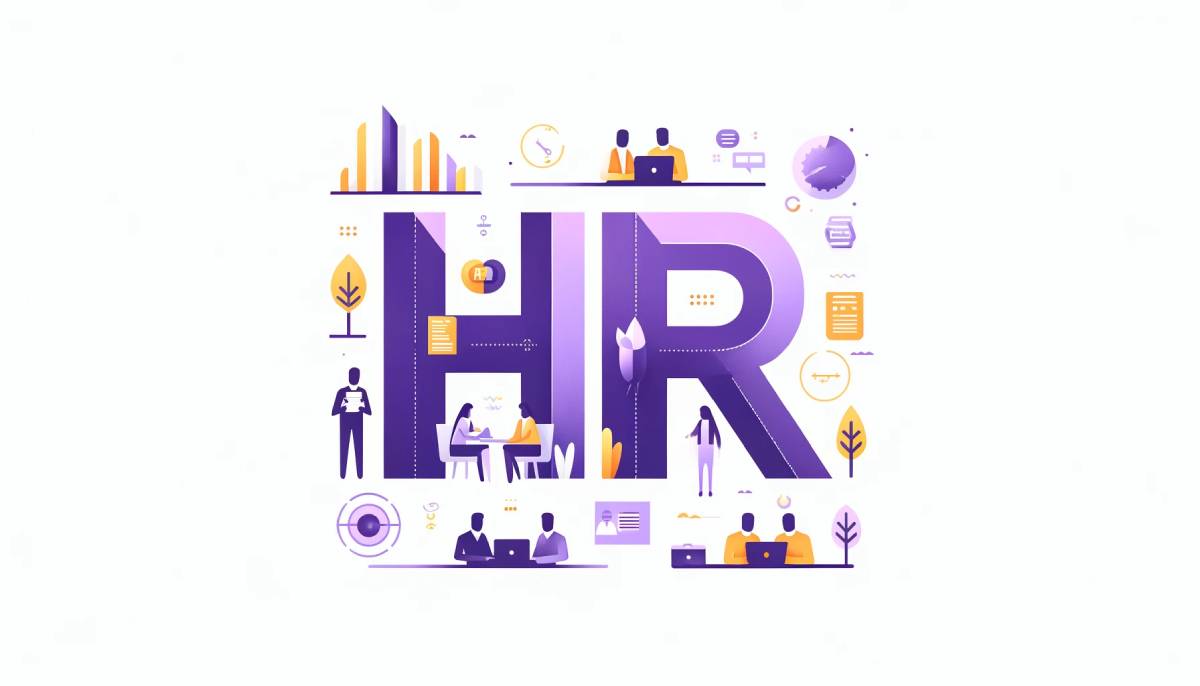A job role is the specific set of responsibilities, tasks, duties, and expectations that are assigned to an individual within an organization. It defines the roles and the duties that one should undertake in their position. Often, job roles are established by the organization, employee skills and qualifications, and the objectives of the specific department or team.
Key aspects of a job role include:
- Responsibilities: The main responsibilities and the operational and administrative functions that the employee is supposed to discharge.
- Skills and qualifications: The necessary competence, experience, and qualification that are required to ensure the performance of the job at a high level.
- Reporting structure: The order in which the position functions and its relationship with supervisors, subordinates, and peers.
- Goals and objectives: The particular goals or results, which required to be accomplished, that are assigned to the employee in his or her position.
- Performance expectations: The standard by which the employee performance will be assessed.
The role of the job can differ a lot in different industries, organizations, and seniority levels. They are usually presented in a list of job requirements which are included in job descriptions when positions are advertised and may be adjusted to meet organizational needs or individual career progression. Clear communication regarding job roles is important so that employees can grasp their duties and therefore, help the organization to achieve its goals.
Understanding the Importance of Job Roles
A clearly defined job structure within a company can significantly influence the overall efficiency of its operations. Job roles provide clarity in terms of who is accountable for what and thereby contribute to the elimination of duplication of roles and enhancement of efficiency. Furthermore, the ability to know exactly what their role consists of can make employees stronger and help them see how they should use their skills and potential to grow professionally.
A job role is not just a position title; it is a detailed story that describes the expected contributions of a team member to the team. This is what makes it different from a mere task list because it is linked to the major goals of the department and the entire organization.
Components of a Job Role
- Job Title: The specific designation or title given to the position within the organization.
- Job Description: A detailed summary of the role’s responsibilities, tasks, duties, and expectations. This often includes information such as reporting structure, key objectives, and required qualifications.
- Responsibilities and Duties: A breakdown of the primary tasks and functions that the employee is expected to perform as part of their role. This can range from daily tasks to long-term projects and goals.
- Skills and Qualifications: The necessary abilities, experience, education, and certifications required to effectively perform the job. This may include technical skills, soft skills, and specific qualifications relevant to the role.
- Reporting Structure: Information about the hierarchical relationships within the organization, including who the employee reports to and who they may supervise or collaborate with.
- Goals and Objectives: Clear targets or outcomes that the employee is expected to achieve within their role. These may be aligned with broader organizational goals and can help measure performance and success.
- Performance Expectations: Standards or criteria against which the employee’s performance will be evaluated. This can include productivity metrics, quality of work, adherence to deadlines, and adherence to company policies and procedures.
- Compensation and Benefits: Details about salary, bonuses, benefits, and any other incentives or perks associated with the role.
- Career Development Opportunities: Information about potential growth paths within the organization, training and development opportunities, and avenues for advancement or promotion.
- Work Environment: Description of the work environment, including physical location (office, remote, etc.), work hours, and any specific conditions or requirements.
- Company Culture and Values: Insight into the organization’s culture, values, and mission, and how the employee’s role contributes to achieving these broader objectives.
Don’t stress about job roles. Time Champ can help you organize them better. Whether you’re a boss trying to make things run smoothly or a worker aiming to do your best, Time Champ is here for you. Sign up now and schedule a demo to see how Time Champ can make managing job roles easier for you.
People also look for
Job Titles: Meaning Hierarchy & Positions in a Company
Roles andResponsibilities: How to Define and Templates
Job Rejection Letters For Unsuccessful Candidates 4 Templates
What is Lateral Hiring? Meaning & Definition
FAQs
A job role is defined by a set of designated responsibilities, tasks, and expectations tailored to an individual’s position, driven by the organization’s needs and the employee’s skills and qualifications.
A job title is simply a label, while a job role includes a detailed list of responsibilities, skills required, reporting structure, and performance expectations.
Job roles are typically composed by HR managers in collaboration with department heads, taking into consideration the company’s objectives and the expectations for the position.
If expectations are not met, it could lead to performance reviews, additional training, or reevaluation of the job role’s clarity and feasibility.

